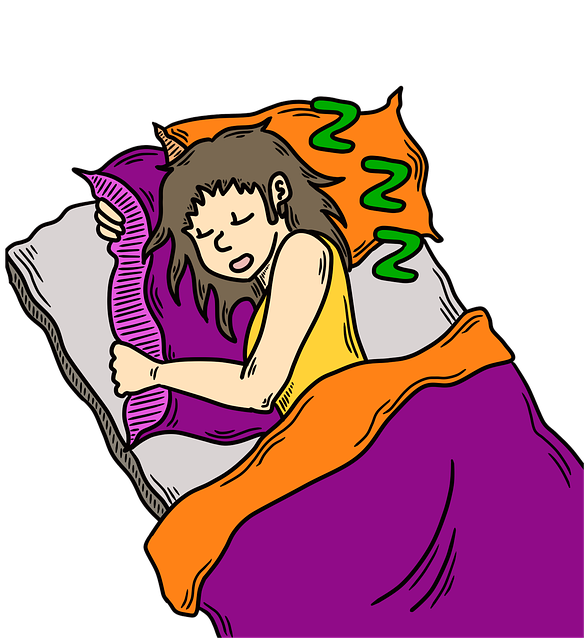Melatonin, naturally produced by the body's pineal gland, is a powerful hormone (1000 mg) that regulates sleep-wake cycles, offers antioxidant properties, fights inflammation, and supports immune function. Doses this high can help combat insomnia, improve sleep quality, reduce jet lag effects, and offer benefits for mood regulation, cognitive function, and preventing age-related diseases. However, due to potential side effects and individual health factors, 1000 mg melatonin supplementation requires medical supervision; always consult a healthcare provider before use.
“Uncover the potential power of 1000 mg melatonin, a compound that could be key to optimizing your body’s natural rhythms. This article delves into the world of melatonin, exploring its pivotal role in regulating sleep-wake cycles and overall health. We examine why some individuals may benefit from higher doses, up to 1000 mg, and highlight the importance of understanding safe usage practices. By shedding light on this natural hormone’s functions and potential advantages, we aim to guide you in making informed decisions regarding your well-being.”
- Understanding Melatonin and Its Functions in the Body
- Potential Benefits of 1000 mg Melatonin Intake
- Exploring Safe Use and Considerations for High Doses
Understanding Melatonin and Its Functions in the Body

Melatonin is a hormone naturally produced by our bodies, primarily by the pineal gland in the brain. It plays a pivotal role in regulating our sleep-wake cycles and has become a popular supplement, especially at doses of 1000 mg. This powerful compound acts as a sort of internal clock, influencing various physiological processes and promoting overall well-being. Beyond its sleep-related functions, melatonin exhibits antioxidant properties, protects against inflammation, and supports immune function.
At elevated levels, such as those achieved through supplementation, melatonin can help alleviate insomnia, improve sleep quality, and combat the effects of jet lag. Its ability to cross the blood-brain barrier makes it particularly effective in treating disorders related to circadian rhythm disruption. Moreover, 1000 mg of melatonin has been linked to potential benefits in mood regulation, cognitive function, and even as a preventive measure against certain age-related diseases due to its role in free radical scavenging and DNA protection.
Potential Benefits of 1000 mg Melatonin Intake

The potential benefits of a 1000 mg melatonin intake are significant, particularly for individuals experiencing sleep disturbances or dealing with jet lag. Melatonin is a powerful hormone that regulates the body’s internal clock, known as the circadian rhythm. By providing a high dose of 1000 mg, the body can be supported in synchronizing its sleep-wake cycles more effectively. This can lead to improved sleep quality and duration, which are crucial for overall health and well-being.
Additionally, research suggests that 1000 mg melatonin may offer anti-inflammatory properties, helping to reduce chronic inflammation in the body. It has also been linked to potential cognitive benefits, including enhanced memory retention and improved mood regulation. This multi-faceted approach makes a high dose of melatonin a game-changer for those seeking better sleep and overall health optimization.
Exploring Safe Use and Considerations for High Doses

While melatonin is generally considered safe at recommended doses, using high levels like 1000 mg melatonin requires careful consideration. Doses this strong are typically prescribed by healthcare professionals for specific medical conditions and should not be taken lightly. It’s crucial to understand that higher doses don’t always mean better results and can potentially lead to side effects.
Exploring the safe use of 1000 mg melatonin involves a thorough understanding of individual health profiles. Factors like age, overall health, existing medications, and co-occurring conditions must be taken into account. Self-prescription or arbitrary increases in dose may put individuals at risk. Always consult a healthcare provider before attempting to take such high doses of melatonin, as they can offer guidance tailored to your unique needs, ensuring both safety and efficacy.
Melatonin, a powerful hormone, has gained attention for its potential benefits, especially when considering a 1000 mg intake. This dose may offer significant advantages in regulating sleep-wake cycles, enhancing cognitive function, and supporting overall well-being. However, it’s crucial to approach high doses with caution and consult healthcare professionals before use. Understanding the safe application of 1000 mg melatonin is key to unlocking its potential as a valuable addition to a healthy routine.

